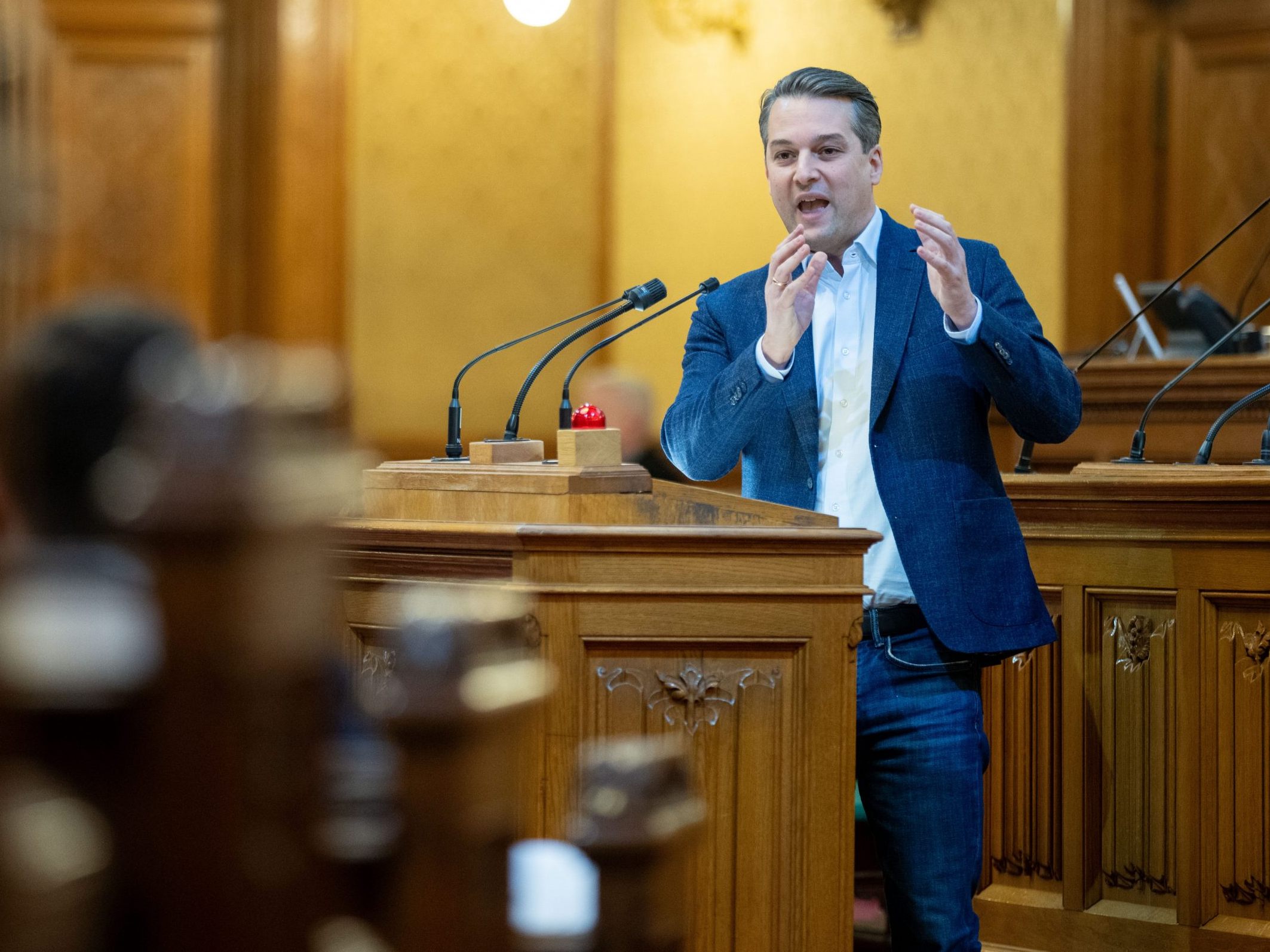After National Council Election: Investigative Commissions Would Not Be a Novelty

This would likely accommodate the potential coalition partner ÖVP, who (together with the then responsible Green ministers) would be at the centre of such an investigation.
The difference between an investigative committee and an inquiry commission is that the former is public and usually conducted with some media interest, thus having regular public presence. In addition, prominent informants usually appear and have to answer critical questions from the deputies, who can also order all relevant files on the topic.
None of this is the case in a commission. It is staffed with experts from the respective field, who also speak with responsible politicians, officials, experts etc., but not in public. Moreover, they do not have to testify under oath. There is also no obligation to appear.
Inquiry Commissions Would Not Be New
Of course, this does not mean that such inquiry commissions do not do good work. Contrary to expectations at the time, the Hypo Commission, led by Irmgard Griss and established by the Ministry of Finance, issued a highly critical final report. The same can be said about the commission on the influence on the judiciary in the course of the Pilnacek affair, which met last year on the orders of the Ministry of Justice under Martin Kreutner.
Another recent inquiry commission is the one on the terrorist attack in Vienna, which was set up by the Ministry of the Interior and the Ministry of Justice. It was led by criminal law expert Ingeborg Zerbes. Less attention was paid to the Child Welfare Commission led by Griss, which was set up by the Ministry of Justice in connection with the deportation of teenagers.
Technically, the establishment of such commissions is regulated in the Federal Ministries Act. The Federal Minister is therefore responsible for determining the composition, chairmanship and decision-making of each commission he sets up. Accordingly, the FPÖ could establish such a body at any time through a ministry it leads.
Of course, they could also do this through a parliamentary investigative committee, which they had at least announced before the National Council election. Because the Freedom Party has enough mandates to set up such a body on its own.
(APA/Red)
This article has been automatically translated, read the original article here.





